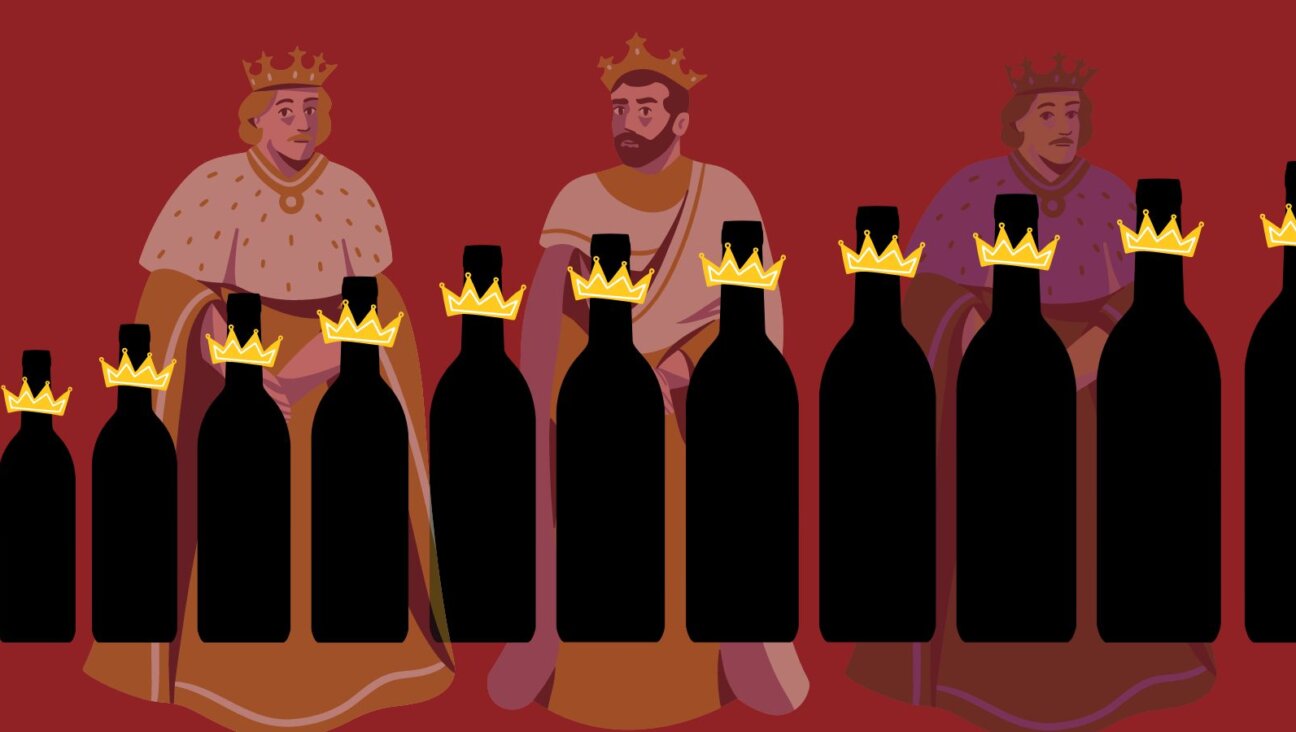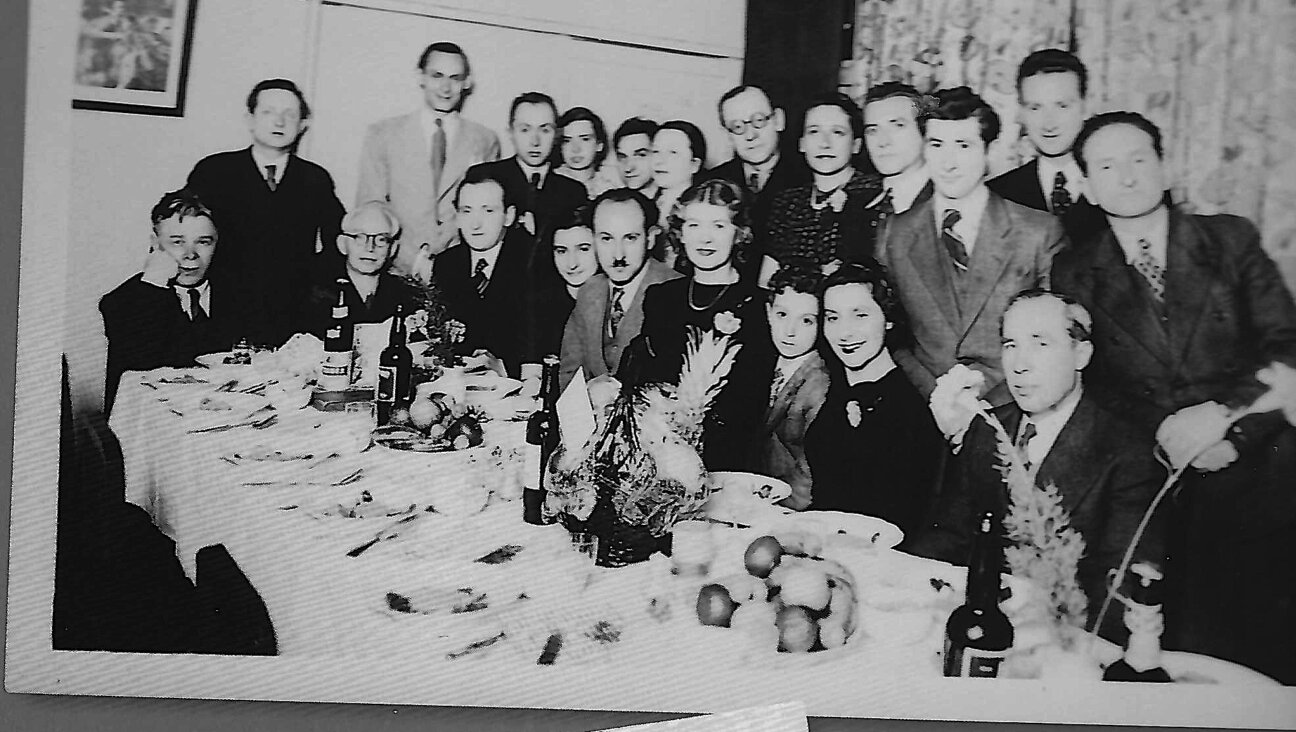A Dutch Author Relishes the Spectacle
Story of My Baldness
By Marek van der Jagt
Other Press, 264 pages, $22.
——
Phantom Pain
By Arnon Grunberg
Other Press, 286 pages, $22.
——
In Arnon Grunberg’s novel “Story of My Baldness,” which has just been released in English translation, the Dutch novelist adopted a new literary persona: Marek van der Jagt, as both the novel’s narrator and pseudonymous author. So successful was this literary ruse that van der Jagt received the Anton Wachter Prize for a debut novel — until it was revealed that Grunberg was the real author, who already had received the award for his first novel, “Blue Mondays.” An even deeper irony in this windfall of acclaim is that the fictional author of the novel, van der Jagt, is a laughable character, an unremarkable and unaccomplished philosophy student and a bad writer. The book was, in essence, a tale of mediocrity that inspired honors and hilarity.
Grunberg is a writer who takes pleasure in the spectacle, who understands the tragic in the antics of the clown and who sees himself reflected in the earnest gaze of the circus freak. His novels are playful and quirky, but underneath their surfaces lurks a darkness, a sense of despair. In “The Story of My Baldness,” Grunberg as van der Jagt achieves a striking balance between these two elements. His main character, Marek, is the youngest of three successful brothers, one a famous symphony director and the other a promising young economist. His father, a successful businessman, was divorced/widowed and later married a woman remarried a woman twice widowed who, after the death of her second husband, wrote a successful self-help book, “How Old Women Can Get Rich,” that did for her what it promised to do for her readers. But the success of his family never rubs off on Marek, whose failures at times reach grotesque proportions. In the course of the novel, van der Jagt describes his adolescent sexual awakenings as reminiscent of “The Graduate”; two desperate, and at times predatory. middle-aged women seduce him. It is, however, during an early public humiliation in which Marek’s manhood is deemed a “dwarf” that these sexual conquests are clouded. Van der Jagt’s memoir is in part about his quest for l’amour fou and in part his attempts to overcome the obstacle of size.
But Marek is also a poet who, until his mother’s death, writes poetry in the tradition of Paul Celan, and finds in this memoir the ability to write again. As the memoir progresses, his mother’s death begins to cast a long shadow over his affair, and it is only in the last pages of the novel that we come to understand the pathos that drives Marek to such despair. But despite the tragedy, there is hope at the end, even for Marek, who finds comfort in the wrecked body of his mother’s older friend, Mica. She offers a brief respite, another fleeting l’amour fou. It is also Mica’s homeopathic cure for men that leads to Marek’s baldness. But as he writes, explaining the title of the novel: “Of everything that is lacking, my hair is the least, and that is why that delightful word ‘baldness’ seemed best to me.” Marek is a true optimist.
At the same time that “The Story of My Baldness” was released in English translation, Grunberg came out with another novel — this time under his own name. Both works show the promise of a skillful and clever writer, and though his psuedonymic creation reads more smoothly, his new book, “Phantom Pain,” has pleasures of its own.
“Phantom Pain,” is a story about fathers and sons. At the heart of the novel is Robert Mehlman’s unpublished manuscript, “The Empty Vessel and Other Pearls.” Mehlman’s self-indulgent musings about his wife, his failed literary career and his drab affairs are framed by the first-person account of his son, Harpo. “My regard for literature and writers is even lower than my regard for men.”Harpo tells the reader at the beginning of the novel.
Robert is a diminished version of Moses Herzog, the middle-aged, twice-divorced professor at the heart of Saul Bellow’s novel “Herzog.” But whereas one might forgive Moses his shortcomings because of his searing insights into humanity, Mehlman only elicits our pity. In creating this character, Grunberg has hijacked a series of American Jewish writers, most notably Philip Roth and Bellow, exploiting them for the surface details of their characters: Mehlman dispenses lottery tickets on a whim and names his son Harpo, and his mother wants him to become a Jewish tennis star. He falls for working-class women, women without means, women more desperate than himself. His wife, a psychologist whose clients have an affinity for suicide, has come to see him as an ailing patient. The novel’s punch line comes at the end, when Mehlman digs himself out of financial ruin with a cookbook titled “Polish-Jewish Cuisine in 69 Recipes,” which shoots him into the spotlight and eclipses all previous literary success.
This is funny and macabre — Grunberg’s Dutch take on the satiric American Jewish novel. The sexual antics are more restrained, the characters are not as rich, but the bite still stings. However, the novel’s quirkiness detracts from the satire; it lures the reader away from the author’s wry perceptions of the persona of the modern Jewish writer. Ultimately, in Mehlman, he takes aim at the writers he admiringly imitates and at the fetishization of impotence and quirkiness that underlines the direction of the American Jewish novel.
With three novels under his belt, Grunberg promises to be a prolific writer. Part of his charm is his obsession with mediocrity and impotence, an obsession that only grows as he flourishes. It will be interesting to see the direction of his future work — to see how he resolves his, or his characters’, suspicion of writers and writing. In both of these novels, he toys with the conventions of autobiography and memoir, writing fiction whose truth is continuously justified to the reader. However, an autobiographical narrator is notoriously unreliable, self-absorbed and self-important. This is the fate that Grunberg, unlike his narrators, is desperately trying to evade — and so far he has succeeded.

I hope you appreciated this article. Before you go, I’d like to ask you to please support the Forward’s award-winning journalism this Passover.
In this age of misinformation, our work is needed like never before. We report on the news that matters most to American Jews, driven by truth, not ideology.
At a time when newsrooms are closing or cutting back, the Forward has removed its paywall. That means for the first time in our 126-year history, Forward journalism is free to everyone, everywhere. With an ongoing war, rising antisemitism, and a flood of disinformation that may affect the upcoming election, we believe that free and open access to Jewish journalism is imperative.
Readers like you make it all possible. Right now, we’re in the middle of our Passover Pledge Drive and we need 500 people to step up and make a gift to sustain our trustworthy, independent journalism.
Make a gift of any size and become a Forward member today. You’ll support our mission to tell the American Jewish story fully and fairly.
— Rachel Fishman Feddersen, Publisher and CEO
Join our mission to tell the Jewish story fully and fairly.
Our Goal: 500 gifts during our Passover Pledge Drive!























